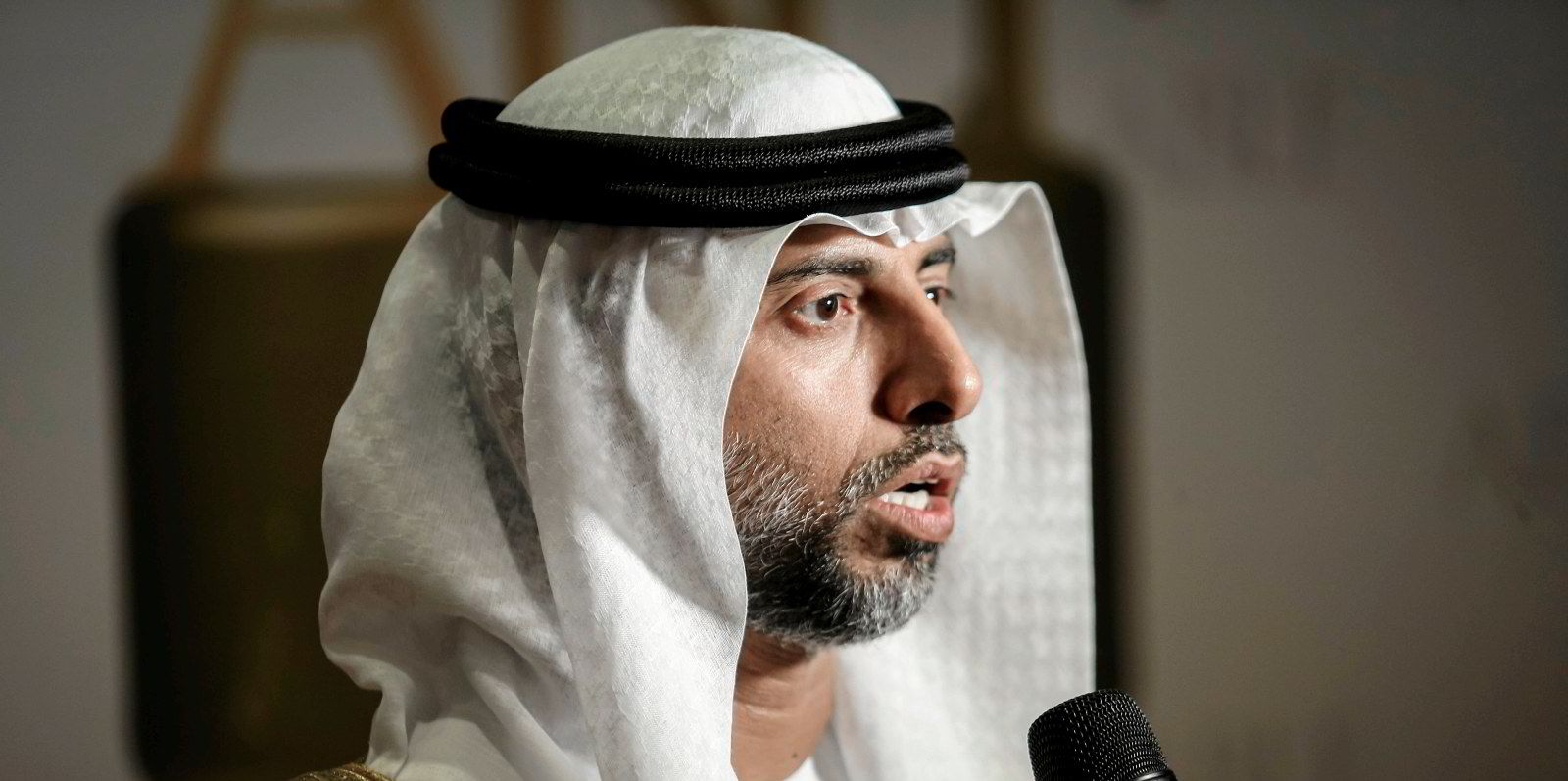The United Arab Emirates has told the IMO it is backing plans for a tougher net zero emissions target for shipping by 2050, in a U-turn by a previously strong opponent of more stringent climate goals.
The UAE, which is due to host this year’s COP28 climate change summit, said it is in favour of more ambitious measures to reach net zero greenhouse gas emission targets for the industry by 2050 at the latest, according to a letter from the country’s energy minister.
Campaigners said the pledge is a significant move by one of about 13 IMO member states that in March opposed the IMO’s ambitions to make the emissions targets more challenging.
Member states will meet in July, with the IMO under pressure from governments, the industry and environmental campaigners to set a more ambitious target than the existing pledge to halve emissions by 2050 based on 2008 levels.
Most IMO members now back a target of hitting zero emissions by 2050, based on working group talks in March, according to clean shipping campaigners. But the UAE, the world’s seventh-largest crude producer, along with other major suppliers Brazil, Russia, China and Saudi Arabia, had opposed the move.
In discussions earlier this year, the UAE’s IMO representative was said to have pushed for an aim of net zero “preferably by mid-century”. He also opposed interim targets for 2030 and 2040, according to reports.
But the UAE has now signalled that it is prepared to back more stringent targets when the IMO discusses a potential new stance in July. It also said it is collaborating with class society DNV to establish the first maritime decarbonisation centre in the Middle East, and the fourth after Singapore, Denmark and Norway.
Key priority
“Our key priority … is to peak GHG [greenhouse gas] emissions from international shipping as soon as possible whilst pursuing efforts towards reaching net zero GHG emissions by 2050 at the latest, implementing ambitious measures in line with this target,” energy minister Suhail Mohamed Al Mazrouei said in a letter to circulated to IMO states.
“We also highlight that enhanced ambition should ensure that disproportionate negative impacts are addressed and the most vulnerable and those with the least capacity are supported through the transition by urgently implementing appropriate measures to deliver the IMO strategy.”
John Maggs, president of the Clean Shipping Coalition, said the move appears to be linked to the UAE hosting the global climate summit in November and December.
“They had a pretty extreme position that has changed clearly with this piece of correspondence,” said Maggs. Other opponents of tighter measures are likely to be thinking hard about their positions, as they have become a “bit lonelier”, he added.
Maggs said the latest pledge means little if states do not back targets to halve greenhouse gas emissions from shipping by 2030 to remain on the path towards net zero.
“If all they do in June and July is to set a target of net zero for 2050, shipping isn’t going to contribute its share to 1.5C,” he said. The ambition is to keep the rise in global temperatures below 1.5C of pre-industrial levels to prevent the worst impacts of climate change.





